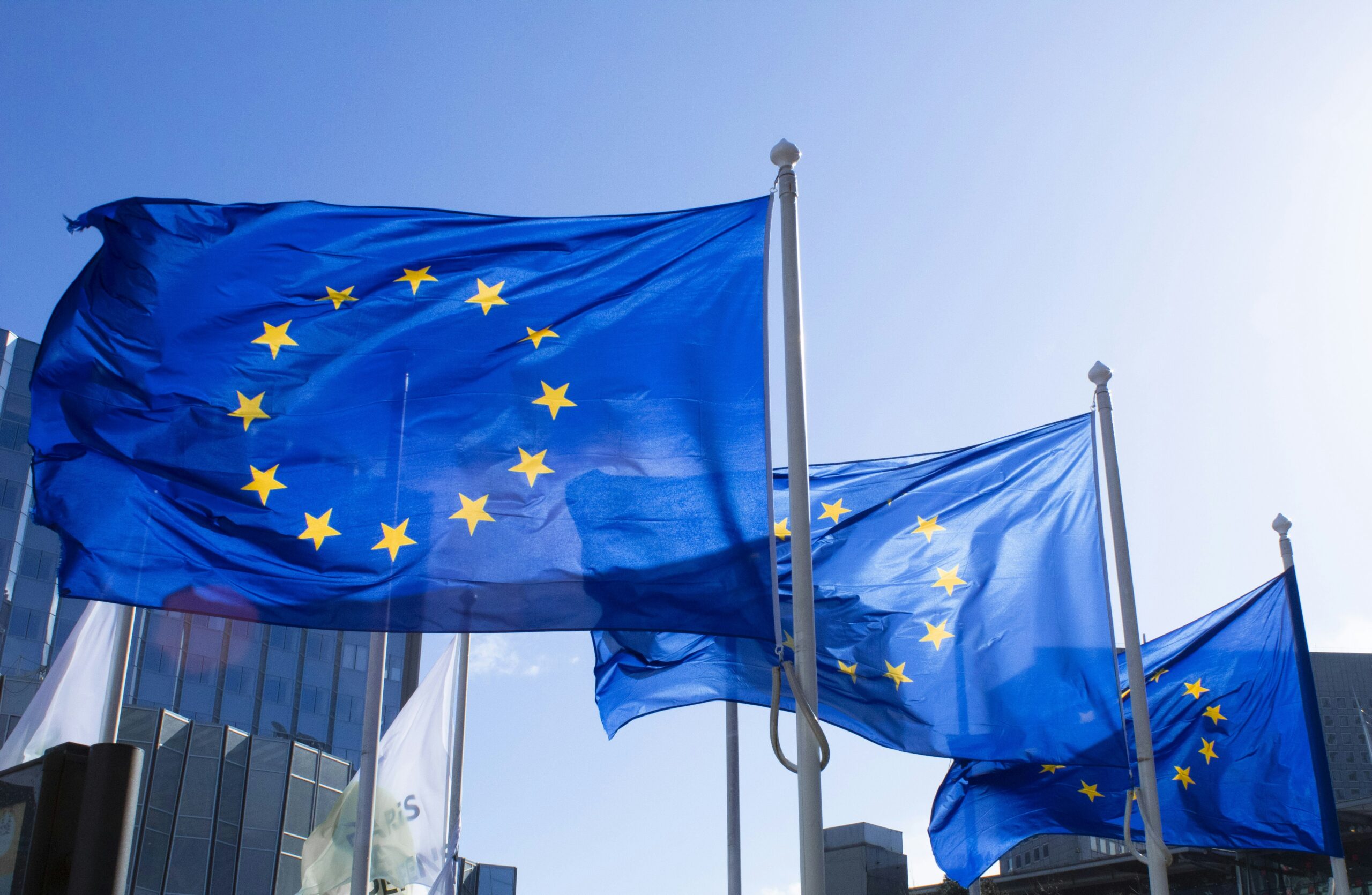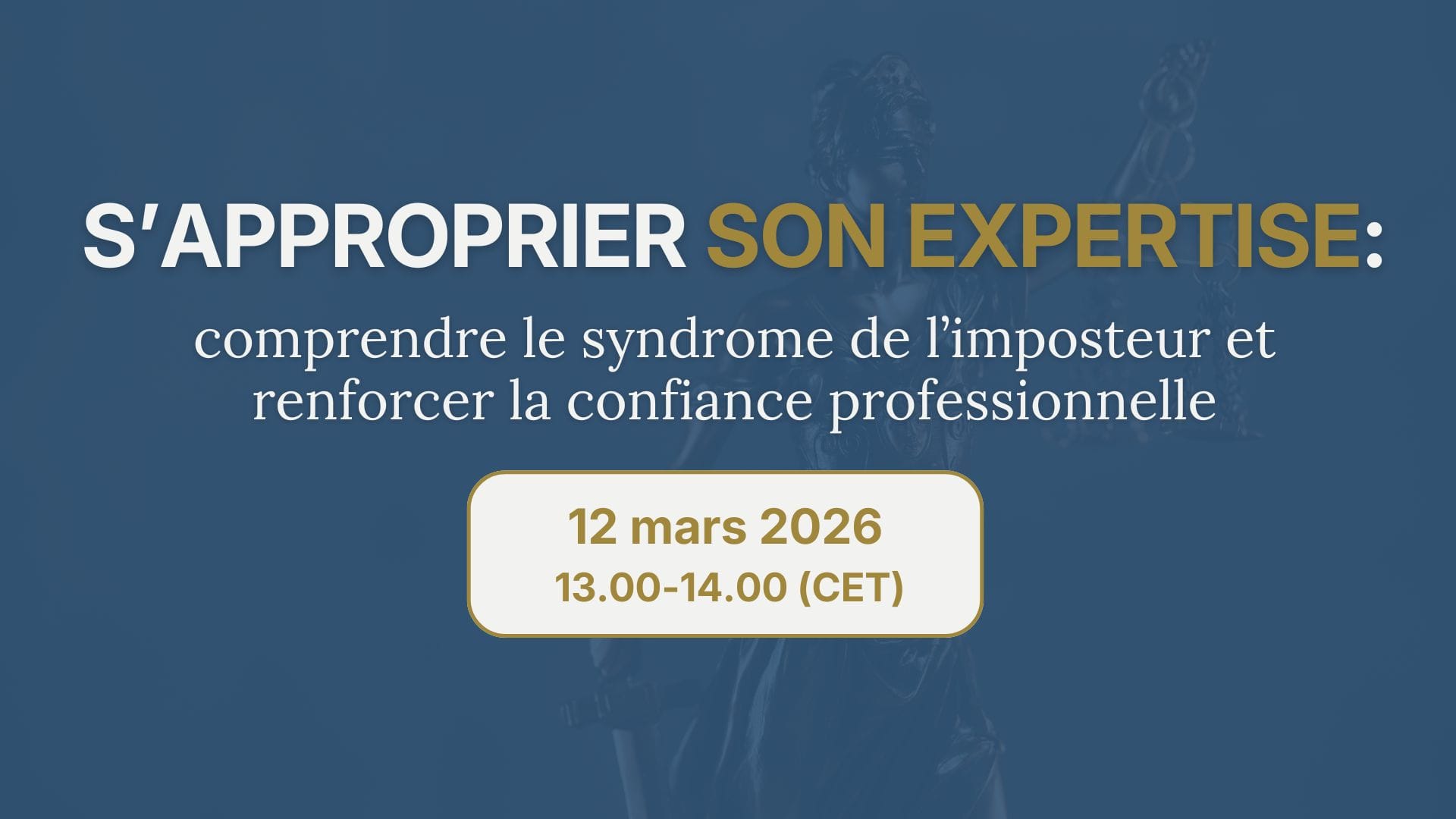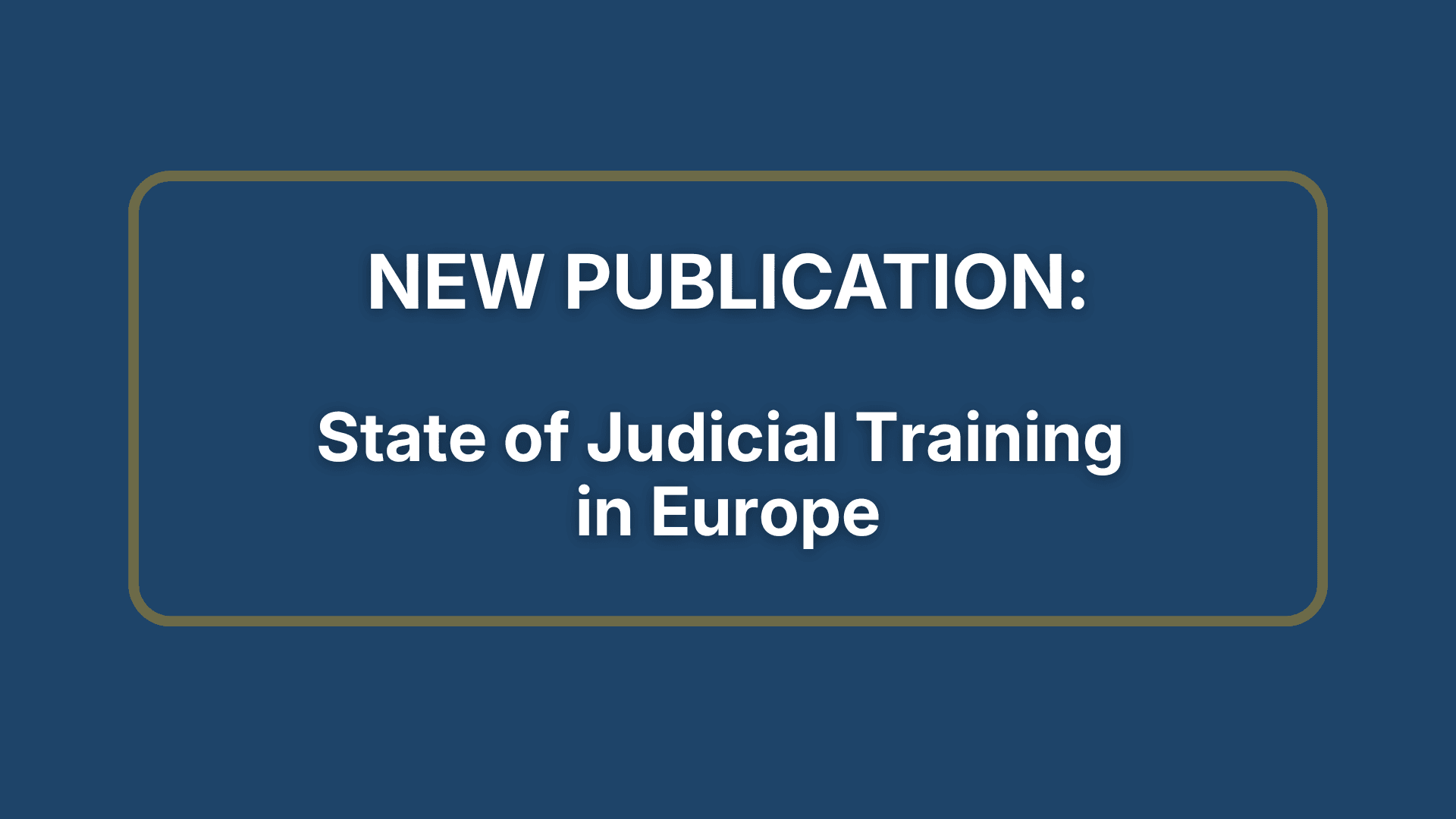This year, the European Union marks 25 years since the adoption of the Charter of Fundamental Rights of the European Union, which continues to be a key document embodying the EU’s commitment to dignity, freedoms, equality, solidarity, citizens’ rights and justice. This EU Charter continues to serve as an important instrument for justice practitioners across Europe, as it outlines the fundamental rights and freedoms of all individuals in the European Union, including the right to a fair trial, the presumption of innocence, and the right not to be tried or punished twice in criminal proceedings for the same criminal offence, among others. The complete text of the EU Charter can be accessed via EUR-Lex.
The Charter’s landmark year coincides with the European Judicial Training Network’s own anniversary year, highlighting a shared mission: that of building a strong European judiciary that upholds the Rule of Law and applies fundamental rights, while being aware of the complexities that the digital transformation of justice and the rise of Artificial Intelligence can cause. For European judiciary, the Charter also acts as a guidance in applying EU law and in ensuring common standards of justice across all EU Member States. It provides a shared framework that supports cross-border judicial cooperation, fosters a common judicial culture and builds trust, all of which are key objectives for EJTN.
A key partner of EJTN, the European Commission plays a central role in strengthening the application of the Charter of Fundamental Rights across the EU. With its dedicated Strategy to strengthen the application of the Charter of Fundamental Rights in the EU, the Commission has set out a clear framework to ensure that fundamental rights are upheld in practice, both within EU institutions and in the national courts of EU Member States. This strategy emphasizes the importance of raising awareness of the Charter’s provisions and ensuring its consistent application in judicial proceedings.
EJTN also offers a range of training activities particularly aligned with the key themes of the Charter, including topics such as freedom of speech, fundamental rights of vulnerable persons and data protection in judicial proceedings. These training activities are aimed at European judges, prosecutors and court staff.
In the run up to this year’s Europe Day, we invited some of our stakeholders to express their insights on the significance of this EU Charter and its role in upholding justice, the Rule of Law and fundamental rights across Europe. Below you can find their short statements.
Michael McGrath, European Commissioner for Democracy, Justice, the Rule of Law and Consumer Protection:
“This year marks 25 years of the EU Charter of Fundamental Rights. For a quarter of a century, the Charter has been safeguarding and protecting fundamental rights across the EU.
To strengthen its application, the European Commission supports judges and justice professionals by offering training opportunities and regular exchanges between national and European courts. Justice professionals have a central role in upholding fundamental rights across our Union.”
Sirpa Rautio, Director of the European Union Agency for Fundamental Rights:
“The EU Charter of Fundamental Rights is key for the Rule of Law! An entire chapter of the Charter is dedicated to ‘Justice’ and its Article 47 guarantees everyone the right to a fair and public hearing by an independent and impartial tribunal.
The European Union Agency for Fundamental Rights seeks to support judges and other legal professionals in using the Charter also as an instrument to uphold and defend the Rule of Law.”
Ingrid Derveaux, Secretary General of the European Judicial Training Network:
“The EU Charter of Fundamental Rights is a key instrument that guides European justice practitioners in upholding the values that also make the European Union: equality, dignity, freedom, democracy and the Rule of Law.
As both a judge and Secretary General of EJTN, I have witnessed first-hand the importance of high-quality judicial training in ensuring these values are applied with consistency across the EU. Our training activities, delivered in partnership with key organisations such as the FRA, provide justice practitioners with the necessary tools to uphold and strengthen the Rule of Law.”
Nida Grunskienė, Prosecutor General of Lithuania:
“After the immense loss of life during World War II, Europe united to ensure such horrors would never happen again. Values like human dignity, freedom and justice became not only rights enshrined in the EU Charter of Fundamental Rights, but also everyday norms.
Today, fostering these values is essential to protect democratic societies and the Rule of Law from rising radicalism, xenophobia and authoritarianism. By upholding the EU Charter’s principles, we help ensure the EU countries remain strong, united and committed to defending peace.”
Blanka Javorac Završek, Director of the Slovenian Judicial Training Centre and Convener of the EJTN Sub-Working Group on Human Rights and Fundamental Freedoms:
“EJTN training activities in the area of human rights and fundamental freedoms address essential questions related to the Rule of Law in Europe, including the independence of judges and the application of the EU Charter of Fundamental Rights in national proceedings.
Two key seminars dive into the EU Charter of Fundamental Rights, providing a general overview, and analysing the role the Charter plays in protecting fundamental rights in the EU. All training activities are developed and delivered in cooperation with key partners.”
Anastasia Papadopoulou, Director of the National School of the Judiciary of Greece:
“Respect of fundamental human rights, enshrined in the Charter of Fundamental Rights of the European Union, is a constitutional principle crucial to the institutional structure of the Union, which after all is a Union of law.
The enjoyment of these rights, as stated in the Preamble of the Charter, entails responsibilities and duties not only towards third parties, but also the human community and the future generations.”
Vaida Petravičienė, Acting Director of the National Courts Administration of Lithuania:
“The Charter of Fundamental Rights of the European Union stands as a cornerstone for safeguarding the Rule of Law and judicial independence across Europe. It consolidates the fundamental values that our judicial systems are committed to uphold – human dignity, freedom, democracy, equality, and justice.
By defending these rights, we secure our shared future. Upholding the Charter reinforces legal certainty, builds public trust, and fosters judicial cooperation throughout the European Union.”
Silvana Sciarra, President of the Scuola Superiore della Magistratura:
“Judicial independence and impartiality are inherent in the task of adjudication. They are supported by a far-sighted interpretation of Article 47 of the EU Charter of Fundamental Rights, a cornerstone in guaranteeing effective legal protection and the right to a fair trial.
This proves the centrality of the Charter in defending democracy and the Rule of Law. Empowering European Judges is based on awareness, and this is what European judicial training consistently and coherently pursues.”
To follow the anniversary year of the EU Charter on social media, follow the hashtag #EUCharter25 and EU Rights on LinkedIn.
To stay updated on the latest from EJTN, follow us on LinkedIn.




